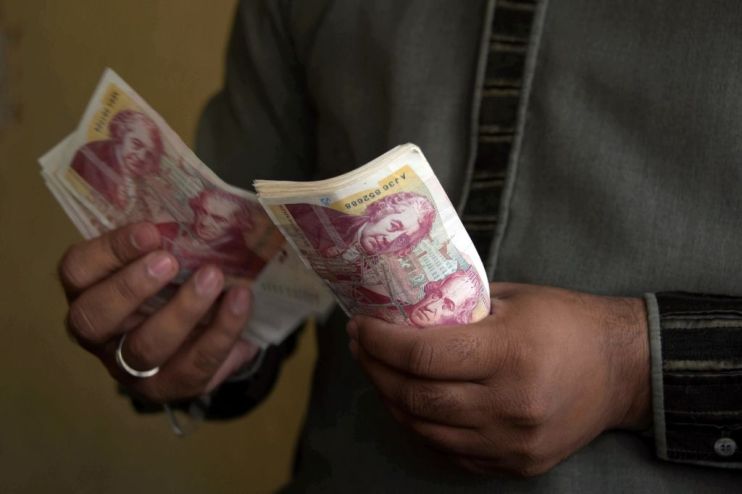Weekend exclusive: More and more households depend on cash sent by family abroad

Cross-border payments are increasingly vital to the financial survival of families around the world.
This was the case at the height of the Covid-19 crisis and continues to play be the case post-pandemic, Mastercard in London exclusively shared with City A.M. this morning.
More than two years on since the start of the pandemic, the economic effects of recent years and of other recent global events mean people are still finding it difficult to make ends meet.
Nearly six in ten people say they send money abroad to support family and friends, by far the most common reason for making a cross-border payment.
Nearly half say that family abroad are still struggling financially and need their financial support, while 40 per cent say their families back home would not have survived recent times if they hadn’t been able to send money home to help support them.
Global recession looming
With countries around the world bordering on recession or experiencing economic crises, this trend is set to remain.
Both Colombia and Brazil – which particularly suffered during the pandemic with high numbers of cases – report significantly higher levels of cross-border payments received. at 84 per cent and 75 per cent respectively compared to a global average of 57 per cent but much lower levels of payments sent, 30 per cent and 46 per cent compared to an average of 66 per cent, suggesting a reliance on remittances from family or friends abroad.
Mastercard giant gave this paper a sneak peek of its Mastercard Borderless Payments Report, which surveyed nearly 8,000 consumers across 15 different markets.
The company said it found that despite evidence of economic recovery – with earnings up globally compared to before the pandemic – and international travel opening up again, all countries are sending and receiving cross-border payments more frequently than 12 months ago, with ‘supporting family’ a key driver for sending money abroad.
The market most likely to be sending money home to financially support family and friends is the UAE – a country where migrants form 88 per cent of the resident population and up to 95% of its workforce.
According to Mastercard’s research, 84 per cent of people from the UAE say sending money home is the main reason for making cross-border payments – considerably higher than the global average of 54% and up from 72% in 2020.